For pet owners, feeding their furry friends is an important responsibility. You want to ensure that your pet is getting the right nutrients, in the right quantities, and that they’re enjoying their food as well. But what happens when you’re faced with a picky eater?
Or worse, when your pet has allergies or dietary restrictions? One food that often divides pet owners is Marmite. Some swear by it as a nutritious supplement for their pets, while others are skeptical of its benefits. So, can dogs eat marmite?
In this guide, we’ll explore the pros and cons of feeding your pet Marmite, as well as other options that could be better suited for your furry friend’s unique needs. Whether you’re a Marmite enthusiast or a skeptic, this guide will help you make an informed decision about what to feed your beloved pet.
What is Marmite?
Marmite is a popular food spread made from yeast extract. It has a distinct and strong flavour that is often described as savoury, salty, and umami. Marmite is a staple in many households, especially in the United Kingdom, and is often used as a condiment for toast or as an ingredient in cooking.
Marmite is rich in vitamins and minerals, including vitamin B12, thiamin, riboflavin, niacin, and folic acid. It is also a source of protein and low in fat and sugar. These nutritional benefits have led some pet owners to consider feeding Marmite to their furry friends.
Is Marmite safe for dogs?
While Marmite is safe for humans to consume in moderation, it is not recommended for dogs. Marmite contains high levels of salt, which can be harmful to dogs, especially if they consume too much of it. Ingesting too much salt can lead to dehydration, vomiting, and diarrhea, and in severe cases, it can even cause seizures or death.
In addition to its high salt content, Marmite also contains yeast extract, which can cause allergic reactions in some dogs. Symptoms of an allergic reaction to yeast extract can include itching, hives, swelling, and difficulty breathing. If you suspect that your dog has an allergy to yeast extract, it is important to avoid feeding them any foods that contain it.
The benefits of Marmite for dogs
While Marmite is not recommended as a regular food or treat for dogs, it does have some potential benefits when used in moderation and under the guidance of a veterinarian. Marmite is a good source of vitamin B12, which is important for maintaining a healthy nervous system and producing red blood cells. It can also help boost your dog’s immune system and improve their digestion.
If your dog is suffering from a vitamin B12 deficiency, your veterinarian may recommend adding a small amount of Marmite to their diet as a supplement. However, it is important to note that Marmite should only be used as a supplement and not as a replacement for a balanced and nutritious diet.
The risks of feeding Marmite to dogs
The risks of feeding Marmite to dogs outweigh the potential benefits. As mentioned earlier, Marmite contains high levels of salt, which can be harmful to dogs. It is also high in glutamate, which can cause overstimulation of the nervous system and lead to seizures or other serious health issues.
Another risk of feeding Marmite to dogs is the potential for allergic reactions. While some dogs may be able to tolerate small amounts of Marmite without any adverse effects, others may have a severe allergic reaction that requires immediate medical attention.
Other human foods that are safe for dogs
If you’re looking for human foods to supplement your dog’s diet, there are plenty of safe options to choose from. Some human foods that are safe for dogs include:
– Cooked lean meats, such as chicken, turkey, and beef
– Plain cooked vegetables, such as carrots, green beans, and sweet potatoes
– Fruits, such as apples, bananas, and blueberries
– Plain, unsweetened yogurt
– Cooked grains, such as brown rice or quinoa
It is important to note that these foods should only be given in moderation and should never be used as a replacement for a balanced and nutritious diet. You should always consult with your veterinarian before adding any new foods to your dog’s diet.
How to introduce new food to your dog
When introducing new foods to your dog’s diet, it is important to do so gradually. Start by adding a small amount of the new food to their regular diet and gradually increase the amount over a period of several days. This will help your dog’s digestive system adjust to the new food and reduce the risk of digestive upset.
If your dog shows any signs of an adverse reaction, such as vomiting, diarrhea, or lethargy, stop feeding the new food immediately and contact your veterinarian.
Tips for a healthy and balanced diet for dogs
Feeding your dog a healthy and balanced diet is essential for their overall health and well-being. Here are some tips to help you ensure that your dog is getting the right nutrients in the right quantities:
– Choose a high-quality commercial dog food that is appropriate for your dog’s age, breed, and activity level
– Avoid feeding your dog table scraps or human foods that are high in fat, salt, or sugar
– Provide plenty of fresh water at all times
– Feed your dog small, frequent meals throughout the day, rather than one large meal
– Monitor your dog’s weight and adjust their diet as needed to maintain a healthy weight
– Consult with your veterinarian if you have any concerns about your dog’s diet or if you are considering adding any new foods or supplements to their diet
Conclusion – making the right choice for your dog’s diet
Feeding your furry friend a healthy and balanced diet is one of the most important things you can do for their health and well-being. While Marmite may have some potential benefits, the risks of feeding it to dogs outweigh the benefits. Instead, consider adding safe human foods to your dog’s diet in moderation, and always consult with your veterinarian before making any changes to your dog’s diet or adding any new foods or supplements. With the right care and attention, you can ensure that your furry friend is getting all the nutrients they need to live a happy and healthy life.
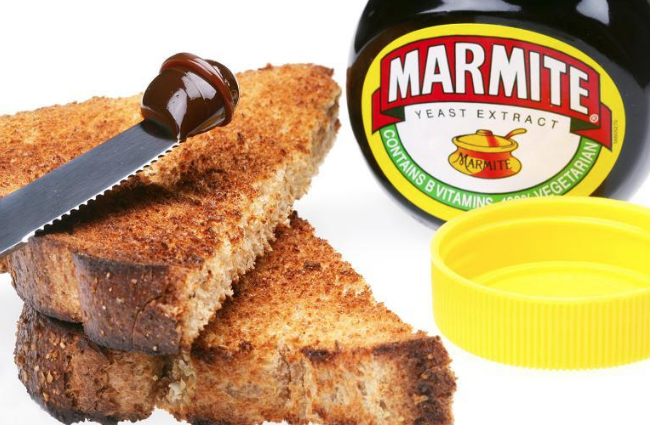

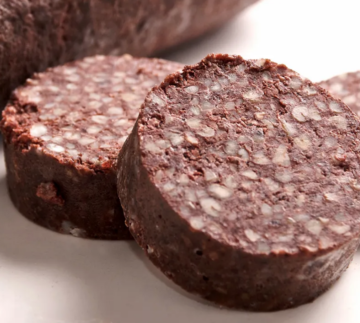
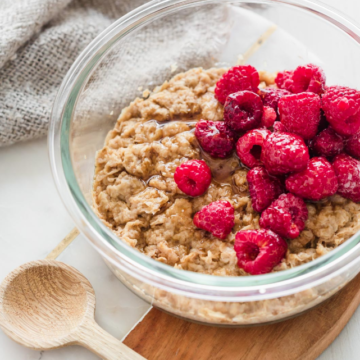
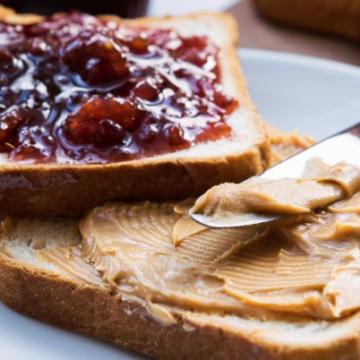

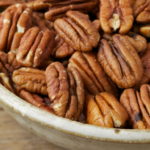
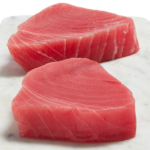

1 thought on “Can dogs eat marmite?”
Comments are closed.